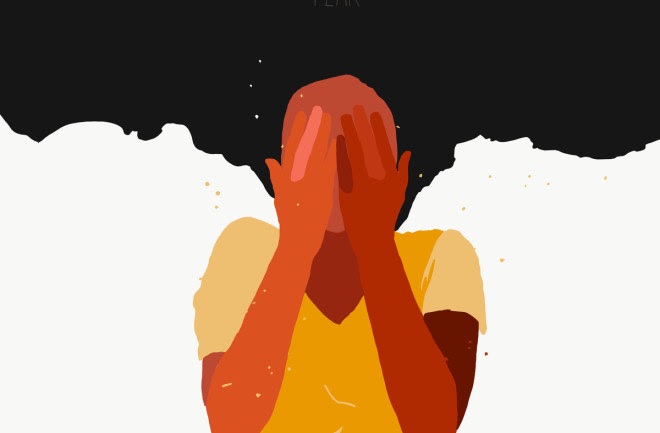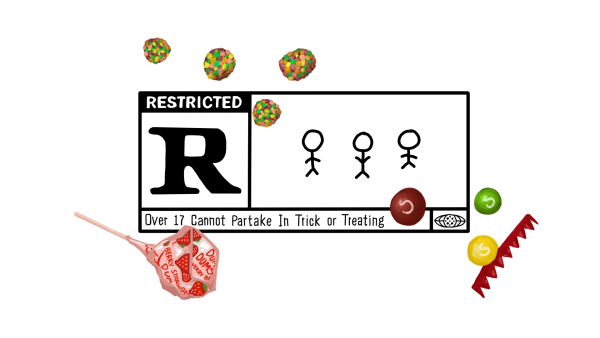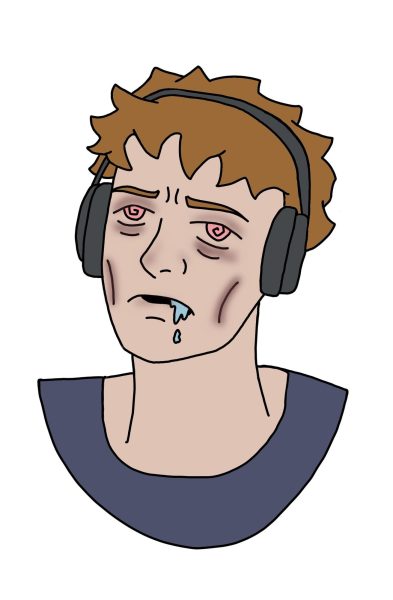Conquering your Phobias
People are scared of height, darkness, small spaces, dogs and peanut butter. Wait… peanut butter?
Fear is one of the most basic human emotions, fueled by adrenaline in our brains which triggers the “fight or flight” response. Fear can protect us and help people avoid many dangerous situations. However, a phobia, which is defined as a persistent and excessive fear of a being, object or situation, can be a major inconvenience to daily life. According to Harvard Health, extreme cases of phobias can even dictate the person’s lifestyle.
Common phobias are a fear of heights, insects, dogs and needles. It is possible to develop phobias of virtually anything, even “weird” things like peanut butter sticking to the roof of your mouth, buttons or the figure eight. Some phobias may develop from negative experiences or by knowledge of the dangers in the world. Phobias can even be inherited from ancestors.
There are three general categories for phobias: agoraphobia, social phobia and specific phobias. Though the literal definition of agoraphobia is the fear of wide-open spaces, this general category of phobias is having anxiety in situations when a person feels as if the environment is difficult to escape. This could be anywhere: public transport, forests, parks, shopping malls or leaving home.
Social phobia is extremely common and is the fear of public humiliation or embarrassing oneself in front of others. People with social phobia are afraid of being judged and are sensitive to any sort of negative evaluation, even if it is constructive criticism.
Specific phobias have four categories: environmental, animal, medical and situational. These can range from being afraid of the fear of being alone to anatidaephobia, the fear that somewhere, somehow a duck is watching you.
The hindrances caused by having a phobia can drastically affect a person’s lifestyle. While phobias such as arachnophobia, the fear of spiders, can be worked around, fears of harmless, common items in the world, like buttons, cannot be so easily avoided. People who struggle with these common phobias have to find all sorts of ways to avoid being in a situation with their phobia, which lowers their quality of life. Instead of rejecting that job offer because it is on the 60 floor and you are scared of heights, it would be much more practical to overcome your fears. But, for people who suffer from phobias, it is definitely easier said than done. The irrational fear that phobias cause go far beyond control; someone with the irrational fear of heights would much rather be safe on the floor but unemployed than work 60 floors up. Shaping our lives to avoid what we consider to be dangerous rather than to come into contact with it is definitely too challenging to be a long term solution.
It takes a lot of bravery to just start thinking about defeating evil. But when a phobia takes too much control over our lives, the only way to continue is by overcoming our fears and opening up to family members and close friends or even talking to a therapist in serious cases. It can be difficult to disclose your biggest fears, but it is a necessary step in the healing process. If it is found that our fears are too great to be conquered by ourselves, bringing our fears to full consciousness and embracing them and gaining control over ourselves is a sure way to slowly remove the phobia from our lives.
Even if you have a phobia, you should never be afraid to seek help. If a specific phobia affects daily life, several therapies are available that can help you work through and overcome your fears. The Anxiety and Depression Association of America (ADAA) offers a useful resource for locating a therapist.














Nice Person ~ Feb 5, 2022 at 3:47 am
that was poggers